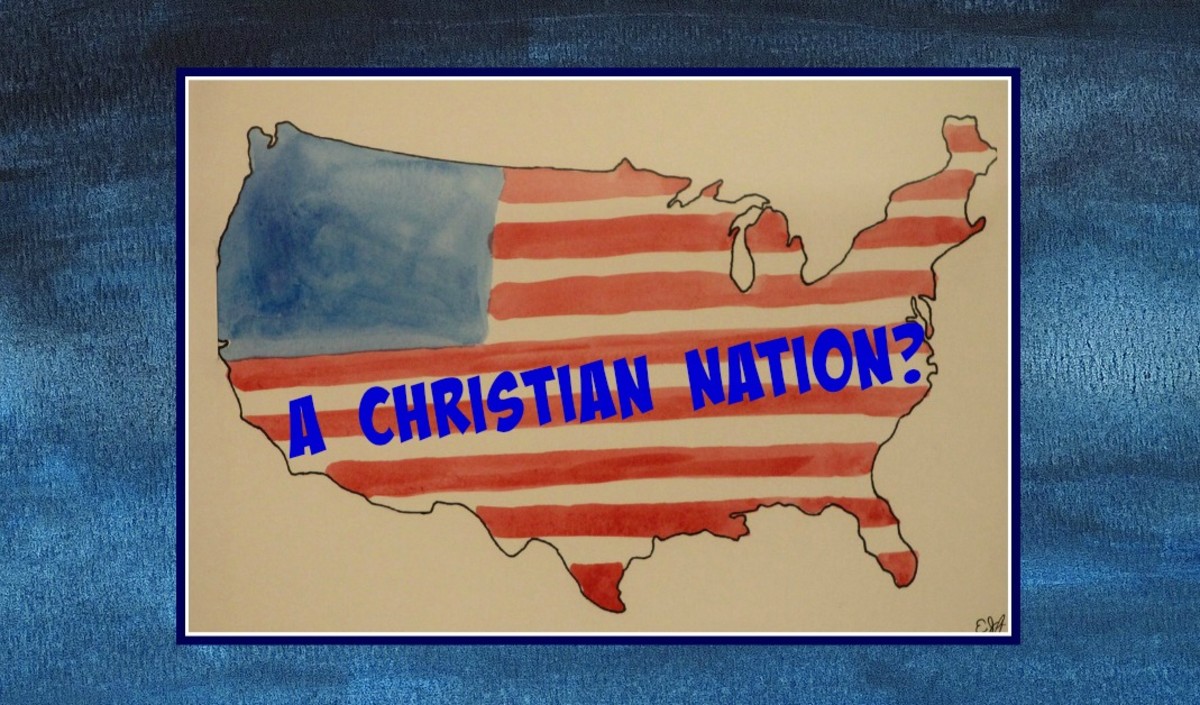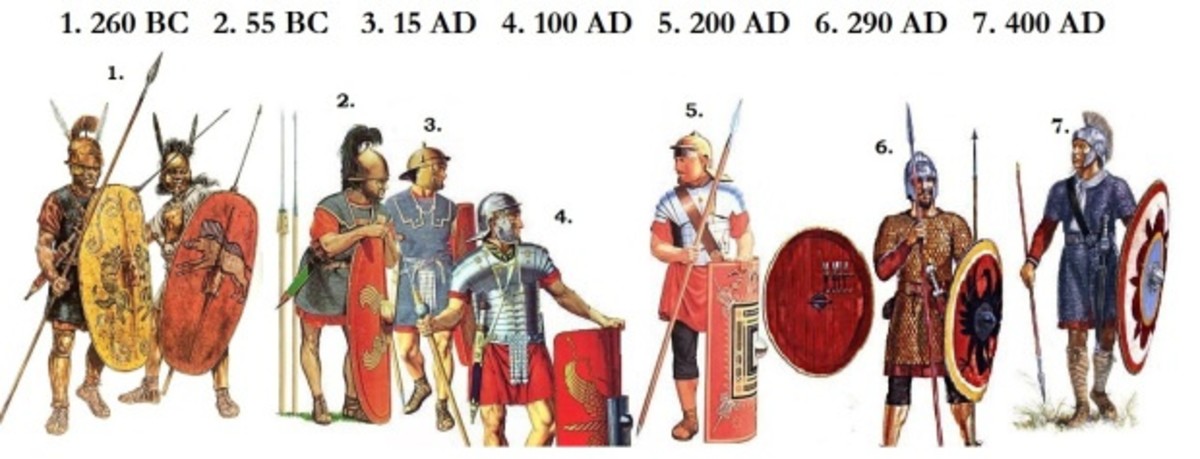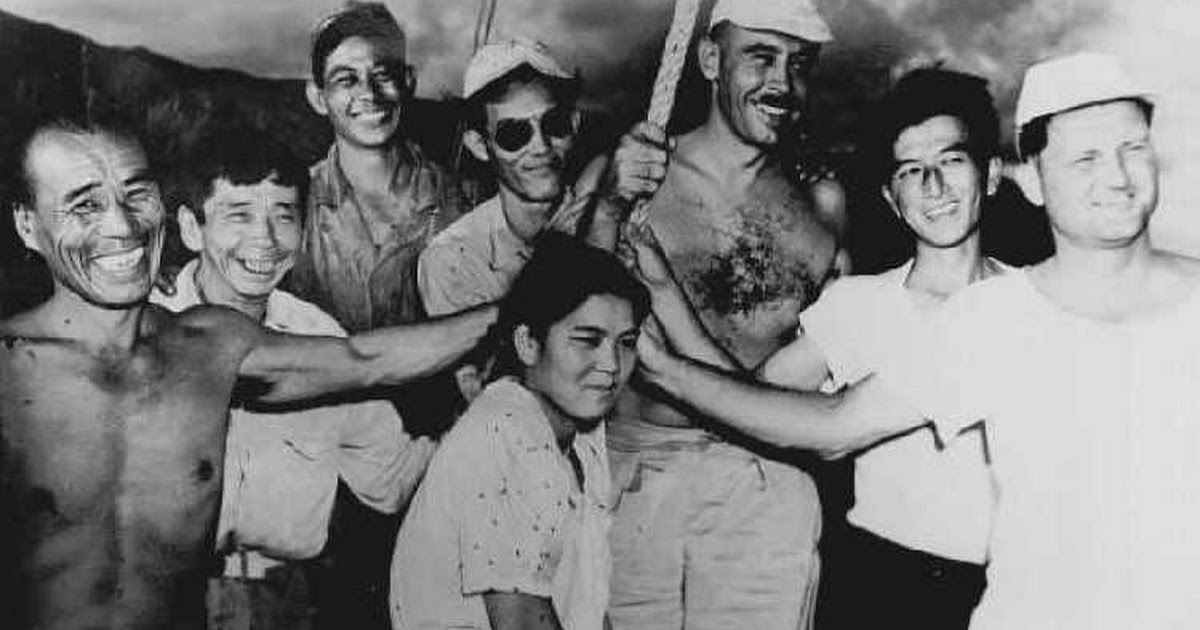Is the United States a Christian Country?: (A Speculative Essay)

I notice that there is some discussion going on, here at HubPages, on the discussion boards, and elsewhere concerning the question about the religious character of the United States of America. The issue seems to be whether or not the United States is a "Christian" country or not. As you know, one side says yes and the other side says no. All participants in this argument base their views on what they think the religious orientation of the so-called "Founding Fathers of Our Country" was back in the day. By "Founding Fathers," I mean Ben Franklin, Thomas Jefferson, George Washington, John Adams, and friends---those boys; I believe they're also known as the "Revolutionary Generation" and all that.
Those who claim that the United States is a Christian country, say so because they believe that the Founding Fathers were, themselves, Christians. I suppose by the logic of analogy, then, "we," their "children," that is to say, political descendants of these gentlemen, supposedly, somehow "inherit" their religious orientation, regardless of the personal and familial religious or non-religious orientation of millions of American individuals and families.
Those who claim that the United States is not a Christian country, say so because they believe that they can show that the Founders were not really Christians, that they were not nearly so doctrinaire as the other side would make them out to have been. They usually characterize the Founders's beliefs as falling under the Deist category. Deism is a belief in God unmediated by any formal man-made theological system. This side usually points to Thomas Jefferson as their exemplar of what they say is the fundamentally secular, rationalist point of view upon which "this country was founded." They bring up the fact that he rewrote the Bible, omitting any mention of miracles and supernatural unscientifically supported phenomena, and so forth.
This debate, as you know, is more than academic for people who are actively engaged in it. For them, concerete public policy implications follow from its results.
If the United States is a Christian country, then it is appropriate---from the point of view of this side's advocates---to have prayer (Christian) in public schools. From this point of view, it follows that a "Christian perspective" should get at least "equal time" as a counterpoint to, say, the teaching of evolution.
If the United States is not a Christian country, then it is appropriate---from the point of view of this side's advocates---to uphold religious and irreligious diversity and freedom. Therefore no religously motivated changes should be made to the American education system; and if anything, it is desirable to bolster the elements of secular rationalism in every area of our society, especially in the educational system.
--------------------------------------------------------------------------------------------------------
The purpose of this essay is not to take one side or the other in this debate. Rather, I simply want to ask the question: Why have this debate at all? What I mean to say is: Why do we base the discussion of what we should do on religion and public policy, on what may or may not have been the religious orientation of a segment of the Euro-American elite more than two centuries ago?
Maddeningly, constitutional law also functions on this basis. It seems to be frightfully important what Ben Franklin and those boys thought about firearms, as a basis about what national gun policy should be today. As you know, the Second Amendment concerns the "right to bear arms." One side argues that this right is absolute; and the other side argues that this right comes with serious qualifications.
Again, they base their arguments for what gun policy should be today, on what they think was the disposition of the Founding Fathers was toward firearms over two centuries ago. In my opinion, this process gives us, what amounts to, in effect, an exercise in what I will call a kind of competitive divination.
Again, I ask: Why do we put ourselves through this? Why do we hold ourselves in thrall to these figures from the past in this way? Why do we think it is appropriate to superimpose the frame of reference, notions, and conceptual outlook of eighteenth-century Euro-American elites upon the twenty-first century public policy concerns of a country that is geometrically more populous, "racially" and ethically more diverse, and complex than anything they could have imagined back in, say, 1776?
-------------------------------------------------------------------------------------------------------
What does it mean to say that x is founded upon y? What does it say about the relationship of y to x and x to y? What does this say about the nature of x? That is to say, what is it about y being the founding agent of x that gives x a certain, different nature than it would have had if x had been founded by z?
X is something having been "founded" by Y; and something else, again, if it is "founded" by Z.
This suggests that the "founding agent" transfers something of itself, its essence to the thing that is founded. We take this to be a truism, with the understanding that the thing that is "founded" is not identical to the thing that was its "founding agent;" in the same way biological parents are the genetic "founding agents" of their children, who, nevertheless, turn out to be "their own people," not identical to the parents.
Parents definitely transfer something of themselves to their children: genetically, culturally, socially, world view, talents, tastes, aversions, and so forth. The sense of a kind of obligatory transfer is invoked when a child behaves in a way that is out of character, or seems to be in some way, a discredit to her parents. We say, "Oh my goodness, Shirley was certainly raised better than that!" and so forth.
So then, since we call the "Revolutionary Generation," our "Founding Fathers," we should feel that they were engaged in an "obligatory transfer" of themselves, their essence as expressed as an adherence to Democracy; and this imposes the obligation on us, to this very day---this very minute that I am writing this and you are reading it on whatever device you may be using---to honor them, behave in a way that brings credit to them, dead for over two centuries though they may be.
Inheritance
As you know, the wealthier people of this world are able to pass down assets to their offspring upon their own deaths. I am talking about a will. People engaged in arguments of one kind or another, about the intentions of the Founding Fathers, will all point to the Constitution and Bill of Rights as their legacy of Democracy, which is our inheritance.
The Constitution and Bill of Rights, then, can be thought of as a document much like a will. Let us call the Constitution and Bill of Rights the will of the Founding Fathers leaving us, their "children," I suppose, the asset of Democracy.
But if the "Revolutionary Generation" were, indeed, somebody's "Fathers," it might be useful to ask who their children were. What I mean to say is: If the Revolutionary Generation's elites were "Fathers," who did they claim as their children to whom they would leave "all their worldly goods" of Democracy?
Question: What are we to conclude from the fact that African-Americans did not formally receive full American citizenship rights until the passage of the Civil Rights Act of 1964 and the Voting Rights Act of 1965?
Answer: If I had to guess, it would mean that nobody, in the 1960s, thought that the Constitution and the Bill of Rights, as originally written, was adequate to extend Democracy to African-Americans. This would mean that African-Americans had not been originally designated as inheritors of the will of the Founding Fathers. And this mean that the Revolutionary Generation did not think of black people as their "children."
Question: What are we to conclude from the fact that it was not until the passage of the nineteenth amendment in 1920, that women were given the right to vote? Again, if I had to guess, I would say that it means that nobody, in 1920, thought that the Constitution and the Bill of Rights, as originally written, was adequate to extend Democracy to women. This would mean that women had not been originally designated as inheritors of the will of the Founding Fathers. And this would mean that the Revolutionary Generation did not think of women as their "children."
So far we have two huge swaths of the population who were not direct inheritors of the asset of Democracy from the Founding Fathers. The Founding Fathers did not think of women and blacks as their "children," with the privilege of inheritance of their legacy of Democracy. What this means is that the Revolutionary Generation would not have cared less what religion women and blacks chose to follow; there is no obligatory transfer operative. They had no stock in the future behavior of blacks and women, as the Founding Fathers did not see what blacks and women would do as reflective upon themselves as "parents." Follow? Good.
Question: What are we to conclude from the fact that it wasn't until around 1840 that even all or most white men were given the right to vote, with the repeal of the property requirement?(1).
Answer: The Revolutionary Generation would have just about all been dead by 1840, no? That means that propertyless white men were also not designated as inheritors from the Founding Fathers, who, apparently did not see relatively pauperized white men as their "children" either. This being the case, I don't see how the Founding Fathers could have cared less about the religious behavior of propertyless white men, since the latter were not the "children" of the former; therefore, no obligatory transfer operates.
Question: What are we to conclude from the fact that in the United States of America, "[b]y the mid-1930s, forty-one states prohibited marriage among the 'feeble-minded and insane, and thirty allowed eugenic sterilization"(2).
We don't remember this now, but eugenics was a big deal in the United States in the 1920s and 1930s. The targeted people were basically people and their descendants from Southern and Eastern Europe.
According to historian Thaddeus Russell: "State fairs across the country featured 'Fitter Families' exhibits that offered free eugenic evaluations. Those who received low scores were warned that they might be among those Americans who were 'born to be a burden on the rest.' High scorers were given medals proclaiming, 'Yea, I Have a Goodly Heritage.' In the 1930s, most high school science textbooks included lessons on eugenics, including the concept of 'fit' and 'unfit' races and the need to sterilize the unfit to preserve American culture. Harvard, Columbia, Cornell, and Brown were among the hundreds of colleges and universities that offered courses on eugenics"(3).
Answer: This happened because nobody saw any Constitutional restraint preventing it from happening; and therefore, people of Southern and Eastern European descent were not the "children" of the Founding Fathers, inheritors of the legacy of Democracy.
----------------------------------------------------------------------------------------------------
I could go on, but why bother? I think I've made my point. Even if it were desirable to base what we do in religion and public policy on what Euro-American elites, two centuries dead thought was right (if that could even be determined)---which it is most emphatically not---there is not a whole lot of us whom the Revolutionary Generation thought of as their children, which would at least inspire some rational basis for a dim sense of obligatory transfer.
There are so many of us for whom the question of whether or not America is a Christian country or not, is irrelevant, whatever the views of Thomas Jefferson, Ben Franklin, and the rest of them might have been. They could not have cared less what religion blacks, women, popertyless white men, and people from Southern and Eastern Europe, indigenous peoples, and others followed.
Thank you so much for reading
-----------------------------------------------------------------------------------------------------
Notes
1. Retrieved 03/27/2014 http://www.ushistory.org/us/23b.asp
2. Russell, Thaddeus. A Renegade History Of The United States. Free Press, 2010. p.266
3. ibid, p.267






